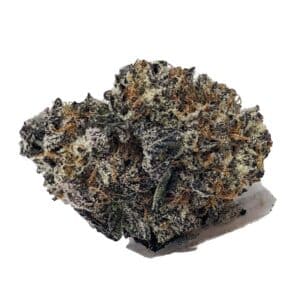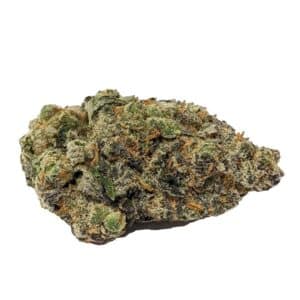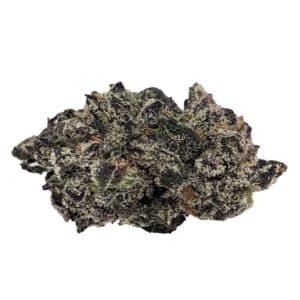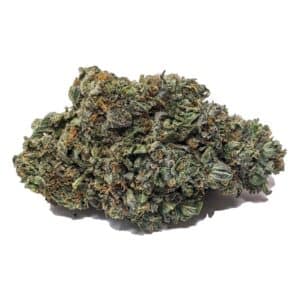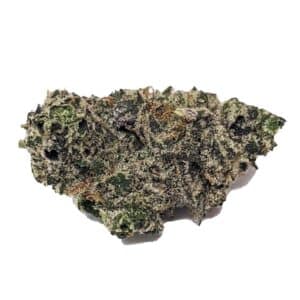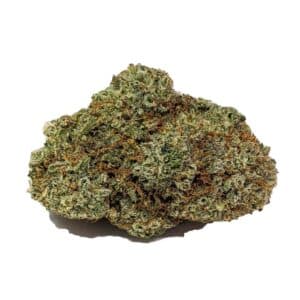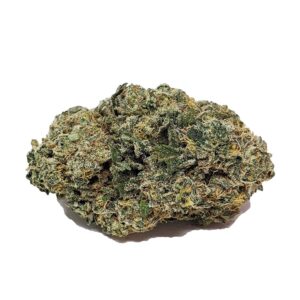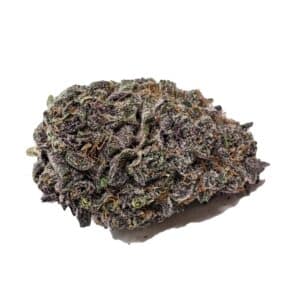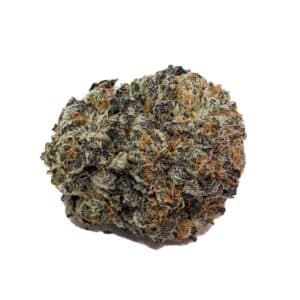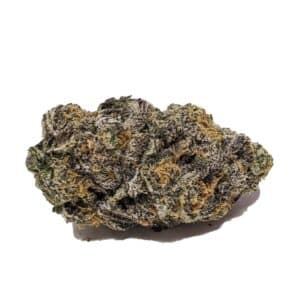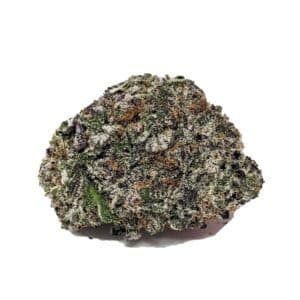Traumatic experiences can trigger anxiety, paranoia, and other symptoms of post-traumatic stress disorder (PTSD). Symptoms of PTSD can be debilitating for sufferers. Fortunately, there are effective treatment options to help manage the condition. Cannabis has been used for thousands of years as a medicine and a recreational substance. It has recently been found that cannabis can help reduce symptoms of PTSD by acting on the brain’s endocannabinoid system. Read on to find out how cannabis can be helpful for people suffering from PTSD.
What is PTSD?
Post-traumatic stress disorder (PTSD) is a condition that develops in some people after they experience a traumatic event, such as sexual abuse, military combat, or psychological or physical domestic violence. PTSD can cause severe anxiety, depression, and other psychological symptoms. Many people with PTSD experience a lack of sleep, poor concentration, hypervigilance, and a sense of detachment from their own emotions. Individuals with PTSD may also have a persistent sense of fear or horror, thinking that they may be exposed to similar horror in the future, and increased risk-taking. PTSD can develop after any type of trauma, including natural disasters, car accidents, or combat events. Commonly, people with PTSD experience a range of symptoms related to the trauma for months or years after the event; however, some people experience symptoms only once while they are in a traumatic event.
How does cannabis help treat PTSD?
Cannabis has been shown to have anti-anxiety effects, reducing the feeling of unease caused by PTSD. Cannabinoids, chemicals found in the cannabis plant, activate certain receptors in the brain that have anxiolytic or “soothing” effects. The anxiolytic effects of cannabinoids are a crucial component of their effectiveness in treating anxiety associated with PTSD. The exact mechanism by which cannabinoids treat anxiety is uncertain, but it is thought that they work by reducing involuntary activity in the amygdala, which is responsible for processing fearful memories. The reduction of amygdala activity may be the key to their anxiolytic effects. Research has found that cannabinoids also trigger the release of chemicals called “endogenous opioids”, which could enhance feelings of relaxation.
Which form of cannabis helps treat PTSD?
There is evidence to suggest that using both CBD and THC can be effective at treating PTSD. However, research suggests that using CBD alone may be helpful for some people, particularly those with insomnia – both as a sleep aid and as a way to reduce anxiety. CBD has also been found to be beneficial when combined with other medications used to treat PTSD. Pure CBD may be the better option for many people, as it has been demonstrated to have less unwanted side effects than THC. CBD is non-psychoactive, meaning that it doesn’t produce the same sensations in the user’s body as does THC. This is an important distinction as it can help people avoid unwanted side effects that may arise from taking medication.
Conclusion
Cannabis is a versatile drug that has been used for thousands of years for a variety of purposes. Recent research has revealed that it can help reduce anxiety and improve mood in people with PTSD, which can help reduce the debilitating symptoms of this condition. While it is important to use cannabis cautiously and for the shortest amount of time possible, it has shown tremendous promise as a safe and effective treatment option for PTSD. Visit buyweed.cc online dispensary for all your cannabis needs.










